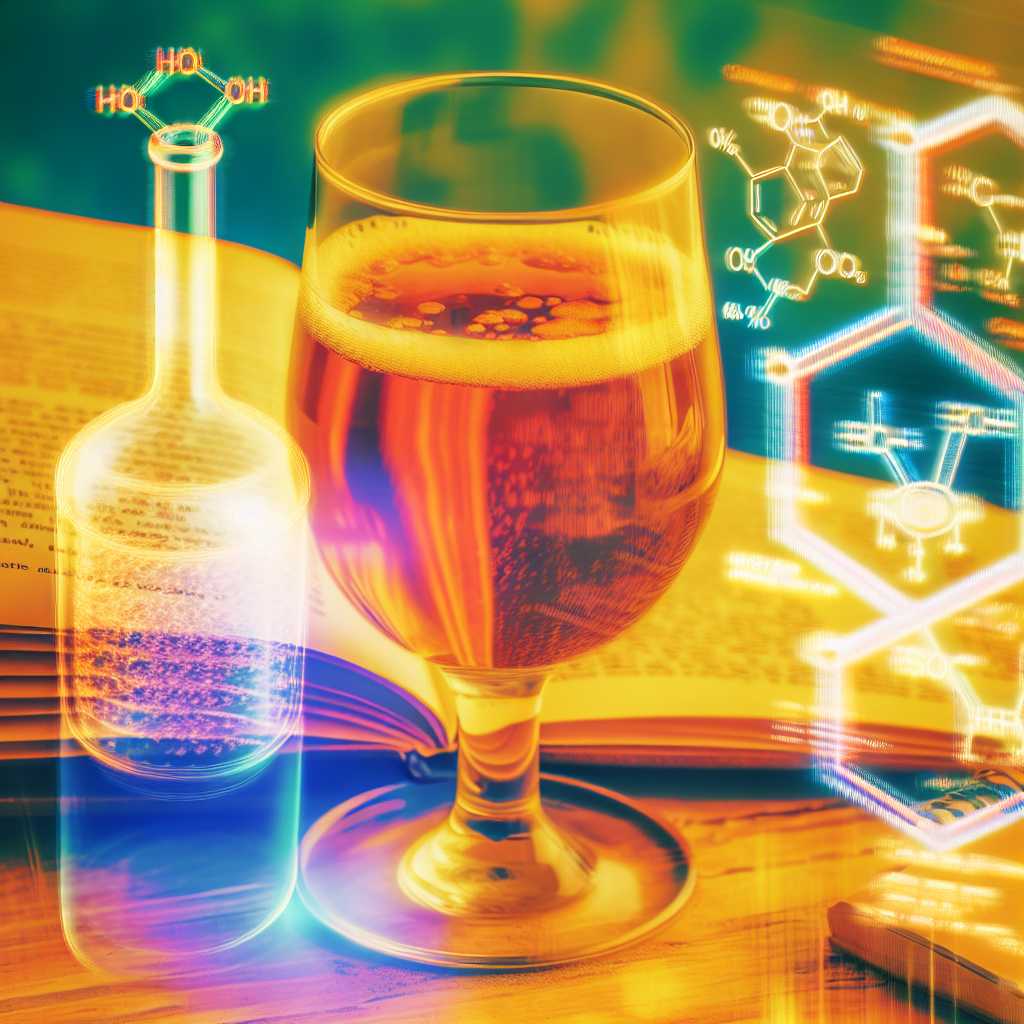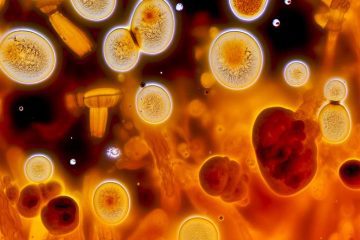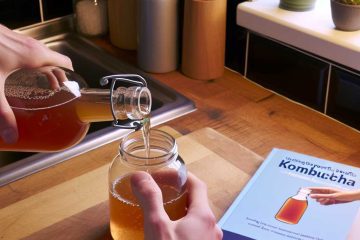Understanding the Alcohol Content in Kombucha: What You Need to Know

Understanding the Alcohol Content in Kombucha: What You Need to Know
Understanding the Alcohol Content in Kombucha: What You Need to Know
Kombucha has been gaining popularity in recent years as a health-conscious alternative to sugary sodas and artificially flavored drinks. This fermented tea beverage is known for its tangy flavor and supposed health benefits, which include improved digestion, increased energy, and a strengthened immune system. However, one aspect of kombucha that is often overlooked is its alcohol content. Many people are surprised to learn that kombucha can contain alcohol, and understanding the level of alcohol in your favorite brew is essential, especially for those who may be avoiding alcohol for health or religious reasons.
In this article, we will explore the alcohol content in kombucha, how it is produced, and what you need to know to make an informed decision about consuming this beverage. We will also discuss regulations surrounding the alcohol content in kombucha and whether it is safe for everyone to consume. Let’s dive in and demystify the alcohol content in kombucha.
Why Does Kombucha Have Alcohol?
Kombucha is made through the fermentation of sweetened tea with a symbiotic culture of bacteria and yeast (SCOBY). During the fermentation process, the yeast in the SCOBY consumes the sugar in the tea and produces alcohol and carbon dioxide as byproducts. The alcohol content in kombucha is a natural result of the fermentation process, and it is what gives the beverage its characteristic tangy flavor.
The level of alcohol in kombucha can vary depending on several factors, including the duration of fermentation, the type of tea used, and the ambient temperature during fermentation. Typically, a well-fermented kombucha will contain a small amount of alcohol, usually around 0.5% to 3% by volume. However, in some cases, the alcohol content in kombucha can exceed these levels, especially if it is not properly monitored during production.
Regulations and Labeling
The alcohol content in kombucha has sparked controversy in recent years, as some commercial brands have been found to contain higher levels of alcohol than what is stated on the label. This has led to concerns about the potential risks of consuming kombucha, especially for those who are sensitive to alcohol or who are avoiding it for various reasons.
In response to these concerns, the Alcohol and Tobacco Tax and Trade Bureau (TTB) in the United States has established regulations for the alcohol content in kombucha. According to these regulations, any beverage that contains 0.5% or more alcohol by volume is considered an alcoholic beverage and is subject to regulation by the TTB. This means that kombucha with alcohol levels at or above 0.5% must be labeled as an alcoholic beverage and follow the same regulations as other alcoholic beverages, including age restrictions and distribution limitations.
To comply with these regulations, some kombucha producers have taken measures to control the alcohol content in their products, such as using specialized yeast strains that produce lower levels of alcohol, implementing strict monitoring and testing procedures, or pasteurizing their kombucha to halt the fermentation process and prevent further alcohol production.
Consumer Considerations
For those who are concerned about the alcohol content in kombucha, especially individuals who need to avoid alcohol for medical, religious, or personal reasons, there are a few things to keep in mind. Firstly, it’s essential to check the label of the kombucha you are purchasing and look for the alcohol content, which should be clearly stated. If you are sensitive to alcohol or need to avoid it entirely, it may be best to choose kombucha with a lower alcohol content or opt for non-alcoholic versions.
Another consideration is the duration of fermentation, as longer fermentation times can result in higher alcohol levels. Some homebrewers choose to monitor the fermentation process closely and stop it early to minimize the alcohol content in their kombucha. This may require some experimentation and trial and error, but it can be an effective way to control the alcohol content in homemade kombucha.
It’s also important to be aware that the alcohol content in kombucha can continue to increase over time, especially if the beverage is stored at room temperature. Therefore, it’s recommended to refrigerate your kombucha to slow down the fermentation process and preserve its alcohol content. Additionally, consuming kombucha in moderation can help mitigate any potential effects of its alcohol content.
Safety and Precautions
While kombucha is generally considered safe for most people to consume, including pregnant women and children, those who are sensitive to alcohol or who need to avoid it for health reasons should exercise caution. It’s always a good idea to consult with a healthcare provider or a registered dietitian if you have concerns about the alcohol content in kombucha or if you are unsure whether it is safe for you to consume.
If you are purchasing kombucha from a commercial producer, it’s a good practice to choose reputable brands that are transparent about their fermentation and testing methods. Look for products that have been tested for alcohol content and are compliant with regulations. Additionally, if you are making kombucha at home, be sure to follow proper sanitation and fermentation guidelines to ensure the safety of your brew.
Final Thoughts
In conclusion, understanding the alcohol content in kombucha is essential for making informed decisions about consuming this popular beverage. While kombucha naturally contains a small amount of alcohol as a result of the fermentation process, the level of alcohol can vary depending on factors such as fermentation duration and storage conditions. It’s important to be aware of the alcohol content in the kombucha you consume, especially if you need to avoid alcohol for health, religious, or personal reasons.
Regulations surrounding the alcohol content in kombucha have been put in place to ensure consumer safety and transparency in labeling. By choosing reputable brands and being mindful of the alcohol content in kombucha, you can enjoy this probiotic-rich beverage while minimizing any potential risks associated with its alcohol content. As always, moderation is key, and consulting with a healthcare professional if you have any concerns is advisable. With a better understanding of the alcohol content in kombucha, you can enjoy this fizzy, flavorful beverage with confidence and peace of mind.
[elementor-template id=”430″]
[elementor-template id=”433″]




0 Comments